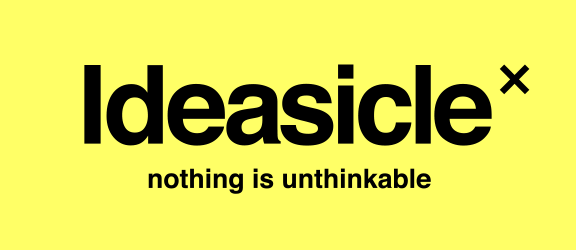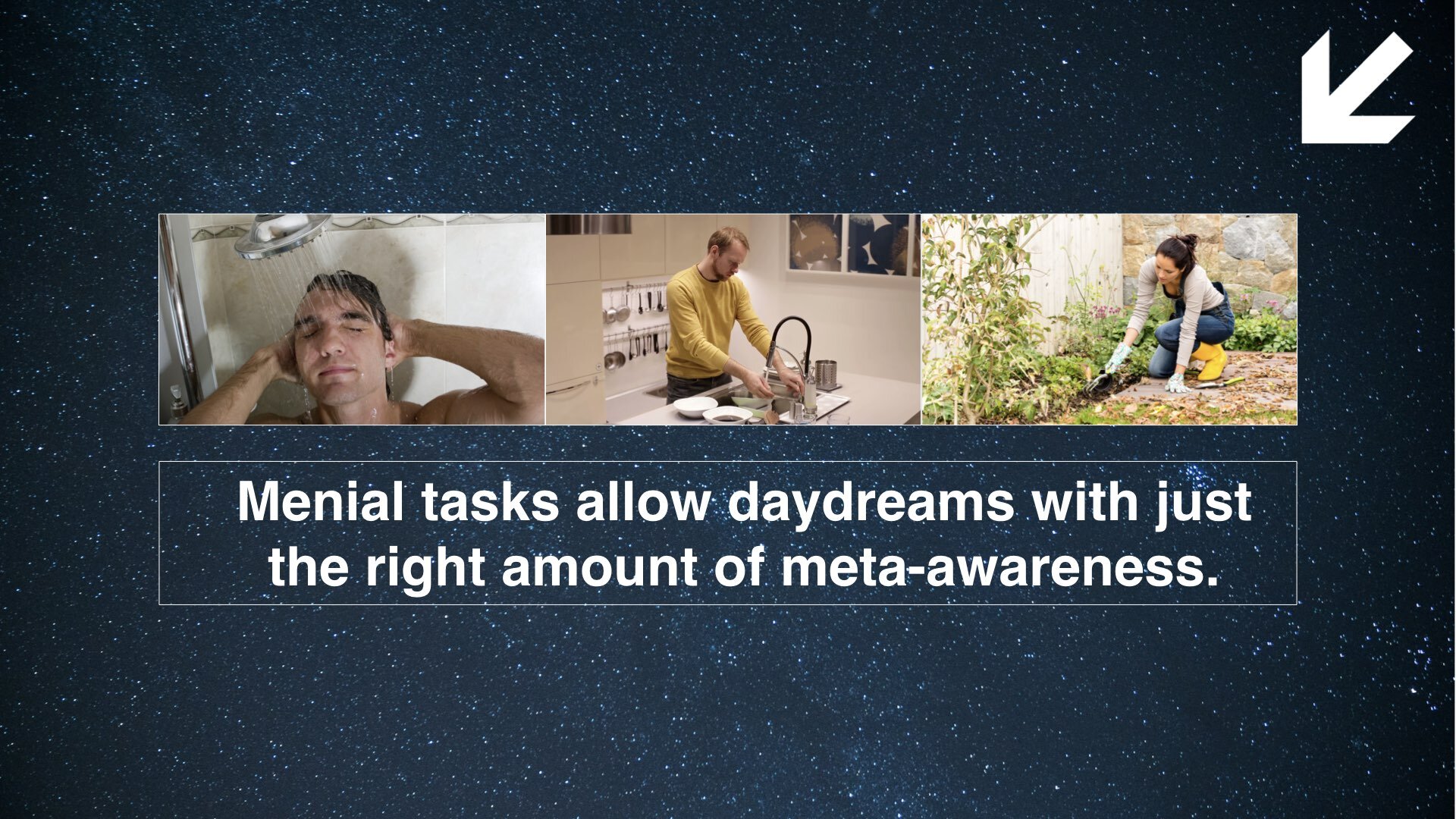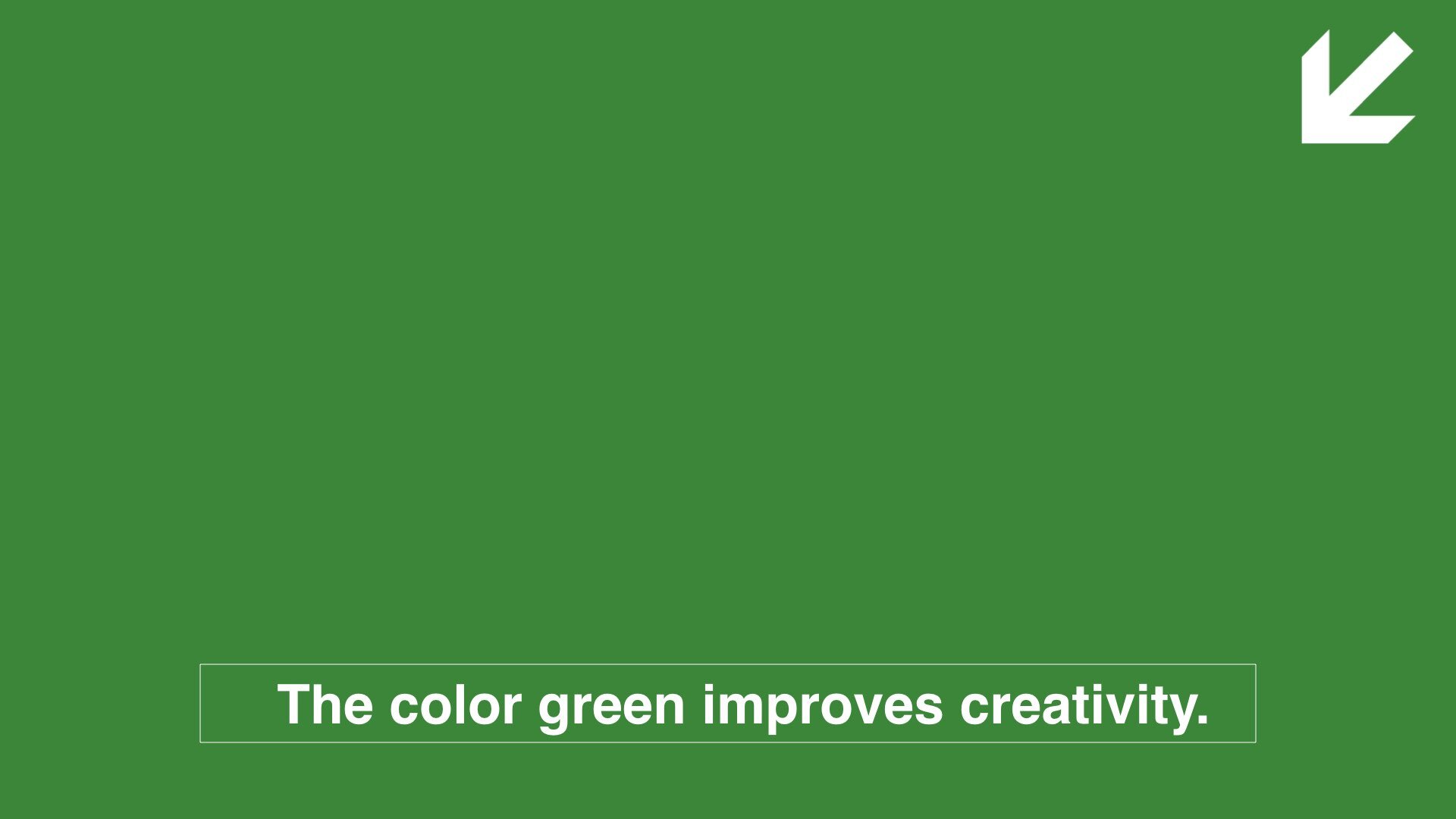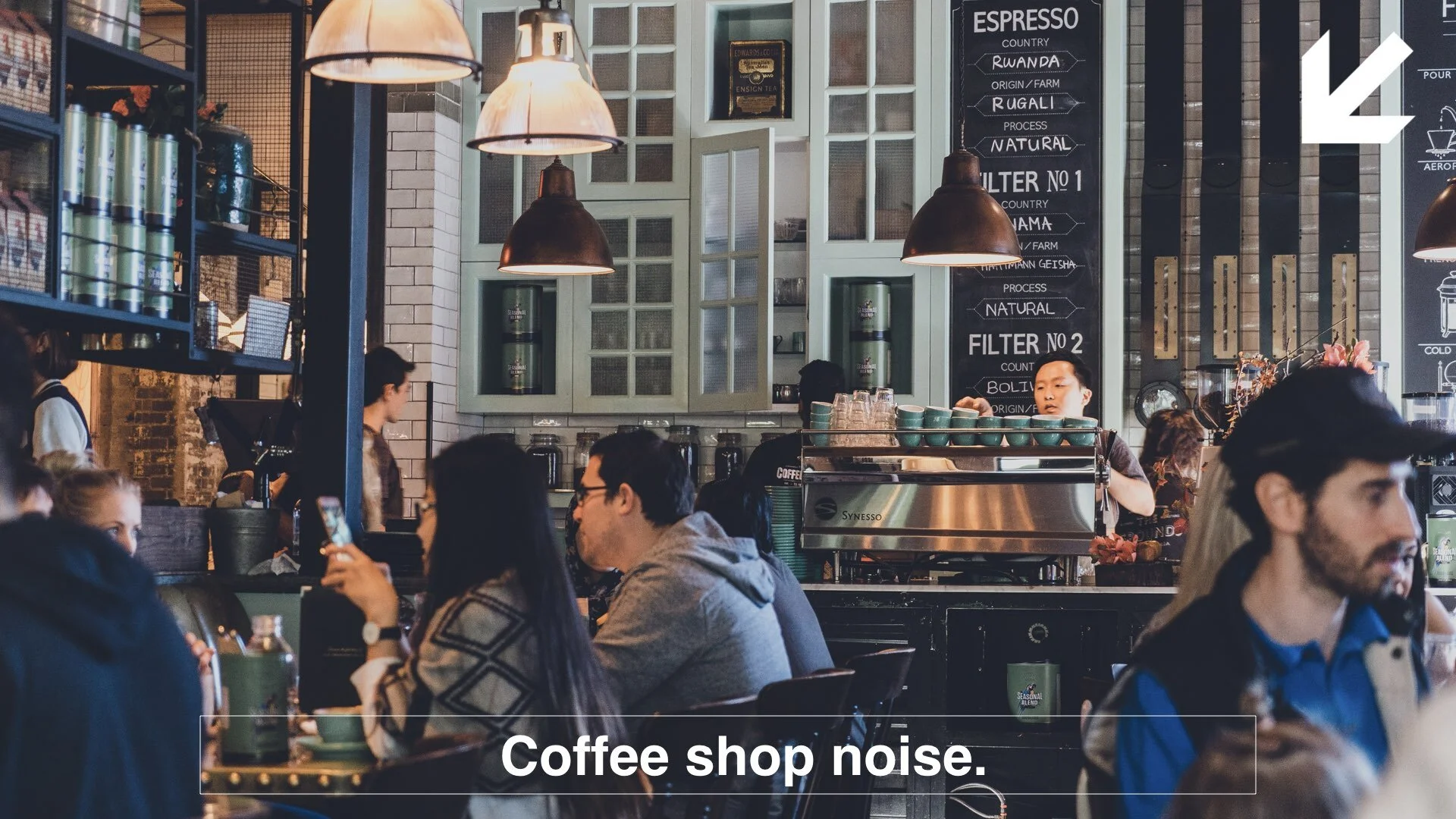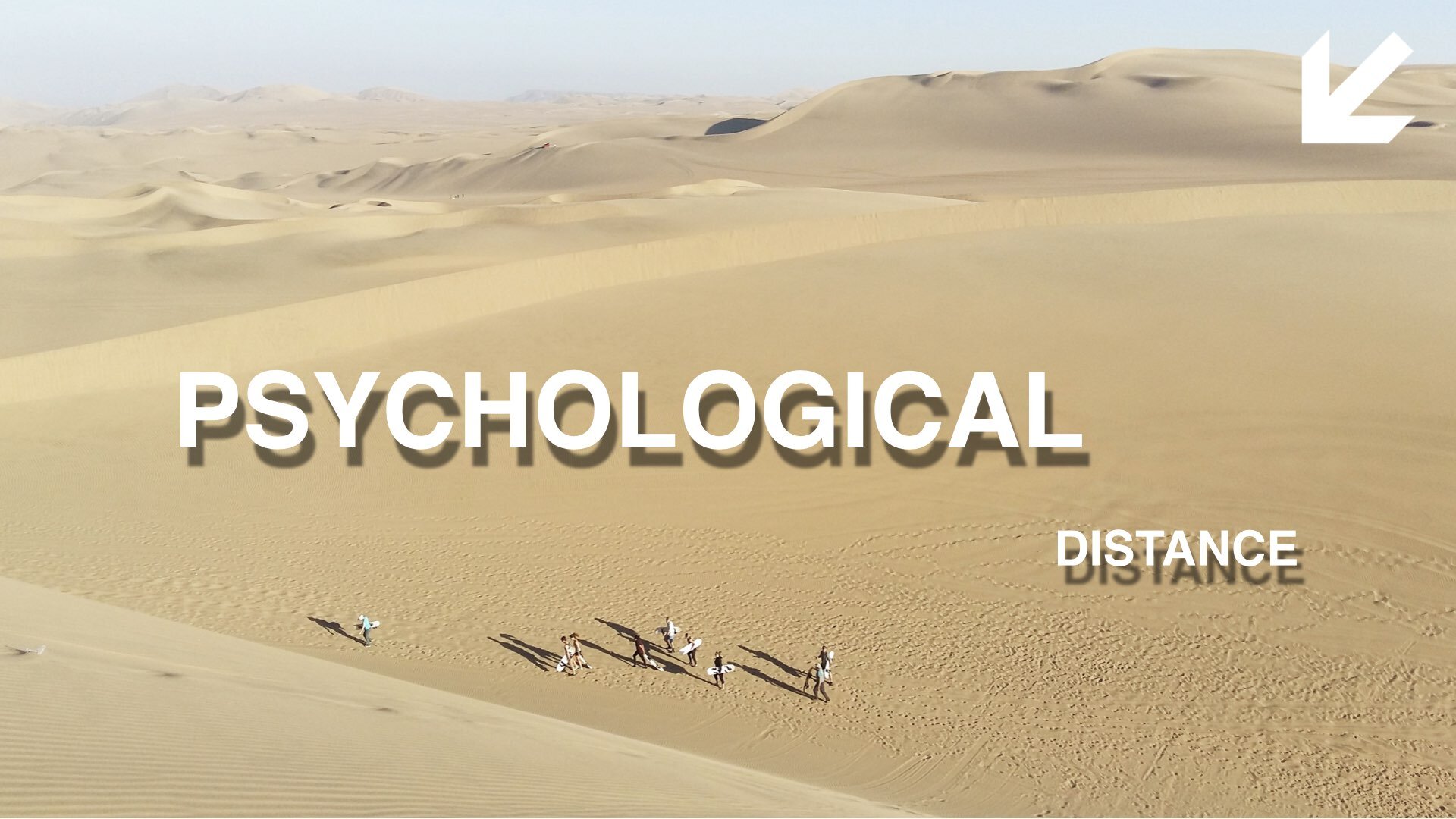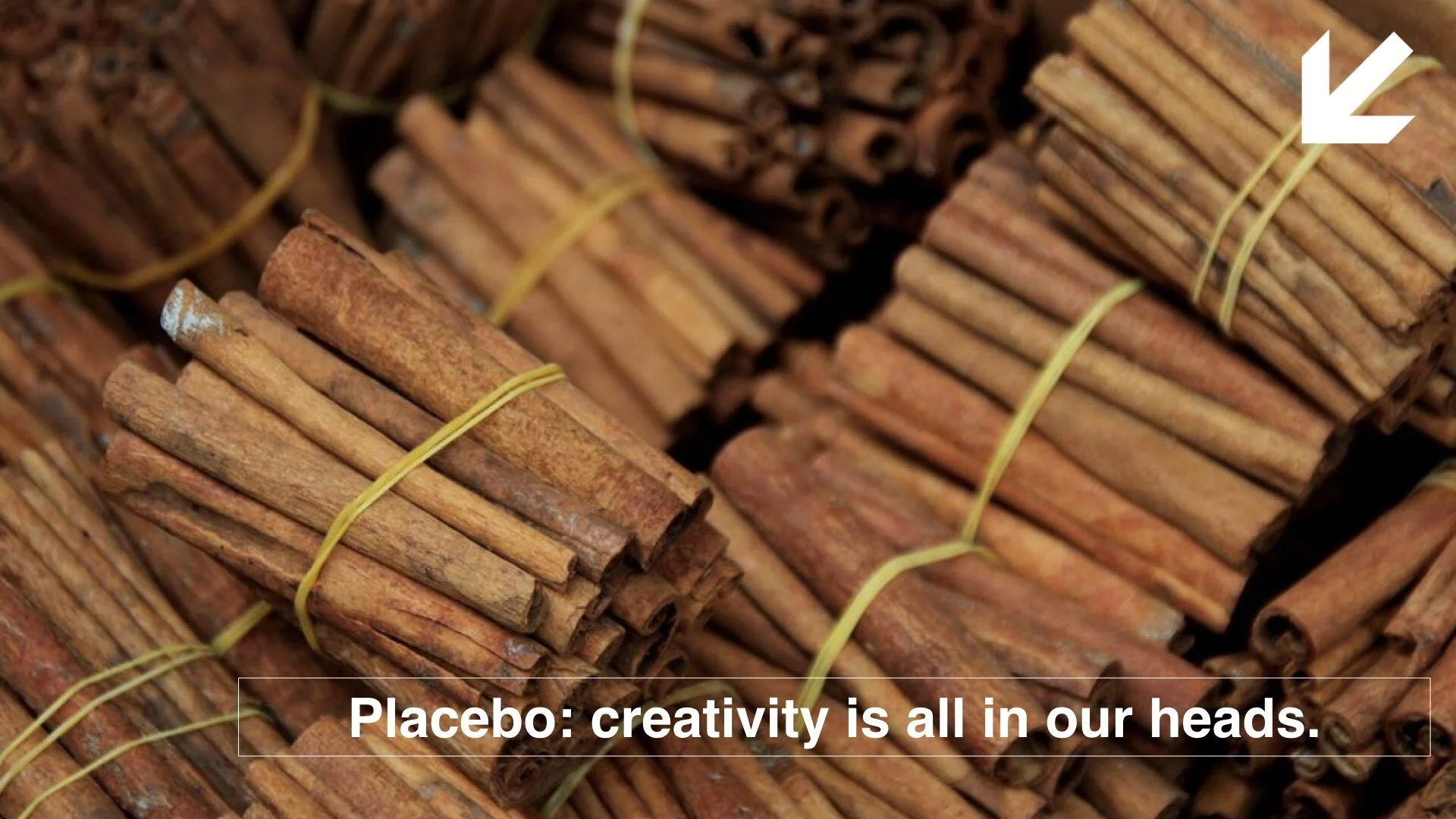Improve Your Creativity With These 12 Scientific Studies
For decades I’ve been studying creativity. I find it fascinating and important work. Because what is human progress if not the cumulative creative acts across all of humanity at any given moment? As such, I am always looking for new research into the human mind and into creativity itself with the goal of improving ideas and accelerating progress. Below are my favorite 12 studies so far. Click the “Source” button within each section to read more about that study.
Mandatory reading for all Ideasicleˣ freelancers!
Walking increases creativity by 60%
Research out of Stanford found that we are 60% more creative when we are walking, regardless of whether that’s indoors, outdoors or on a treadmill. Walking gives your working memory something to focus on, which means it’s less likely to weed out “irrelevant” thoughts. 60%!
Creativity increases during non-optimal times of day.
Research from Mareike Wieth at Albion College showed consistently greater performance with insight problem solving occurred during non-optimal times of day (when tired). Apparently, when you’re tired you’re less able to focus and “irrelevant” thoughts can come through.
Daydreams increase creativity when tethered to some reality.
The Schooler Lab at UC Santa Barbara proved that not all daydreaming is equally productive when it comes to creativity. When daydreaming while doing menial tasks like gardening, washing dishes or showering, we are more creative. These menial tasks give our working memory something to focus on, thereby making it less able to weed out “irrelevant” thoughts. Detecting a pattern here?
Dim lighting increases creativity.
Anna Steidle of the University of Stuttgart did a study that found rooms that are dimly lit yielded better creative thinking than bright rooms. Could be that the more invisible we feel, the less self-conscious we become and, therefore, less fearful we are of new ideas.
Primed with green subjects are more creative.
A study out of the University of Munich proved that priming subjects with the color green prior to creativity tests improved creative performance. I have absolutely no idea why green primes creativity, but there you go.
Moderate amounts of alcohol increases creativity.
Professor Andrew Jarosz of Mississippi State University found that those who were brought to the legal limit of intoxication (0.08% blood alcohol level) were better able to solve creative problems. Again, our working memory doesn’t work as well while under the influence so…more ideas.
Coffee shop noise is the perfect amount for creativity.
A study by researchers at the University of British Columbia and the University of Virginia suggests that moderate ambient noise can boost your ability to come up with creative ideas. It’s just enough distraction to occupy our working memory, but not so much we can’t think.
People with ADD tend to be more creative.
Shelley Carson from Harvard and Jordan Peterson from The University of Toronto have found that reductions in latent inhibition, ability to filter out information previously experienced as irrelevant, mean greater creativity. People with ADD are less able to focus at all, thereby allowing more thoughts into consciousness.
Just imagining yourself being somewhere else increases creativity.
Anything that we do not experience as occuring now, here, and to ourselves is psychological distance. And creating it tricks us into being more creative. Just imagining yourself walking in the Sahara Dessert is enough to liberate your mind.
Sensory Deprivation Through Floatation Therapy Increases Creativity.
Donal and Deborah Forgays proved that by eliminating all of the incoming "noise" - where nothing is focused on - floatation therapy leaves the street wide open for inside-out creativity.
If you take a placebo, you will be more creative.
A study from Lior Noy and Liron Rozenkrantz at the Weizmann Institute of Science in Israel proves that the power of a placebo increases creativity. They used the aroma of cinnamon to trick subjects into thinking they were receiving a creativity enhancement. It was only cinnamon, but the improved creativity was real.
Luck comes from inside, not outside.
Researcher Richard Wiseman conducted a simple, brilliant study to get at the concept of luck. Turns out, luck comes from your outlook on life and isn’t some unseen force on the outside. An idea is a good thing that “happens” to you, right? Increase your luck for ideas by understanding this study. It’s totally fascinating and my favorite of all.
Fun, right? I’ll keep my eye out for more studies like these. I find them fascinating, personally useful, and good fuel for the Ideasicleˣ business.
Will Burns is the CEO of Ideasicleˣ. You can find him on Twitter @WillOBurns.
